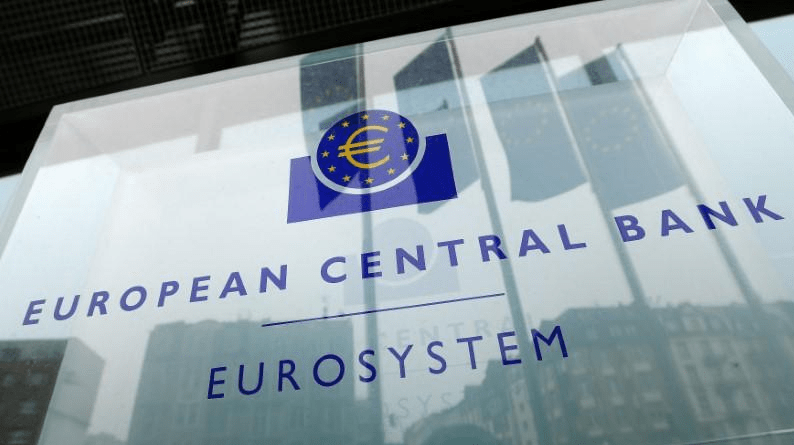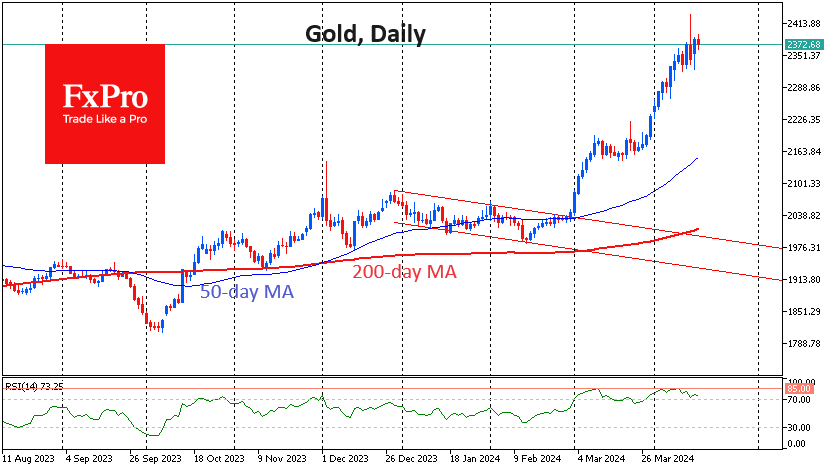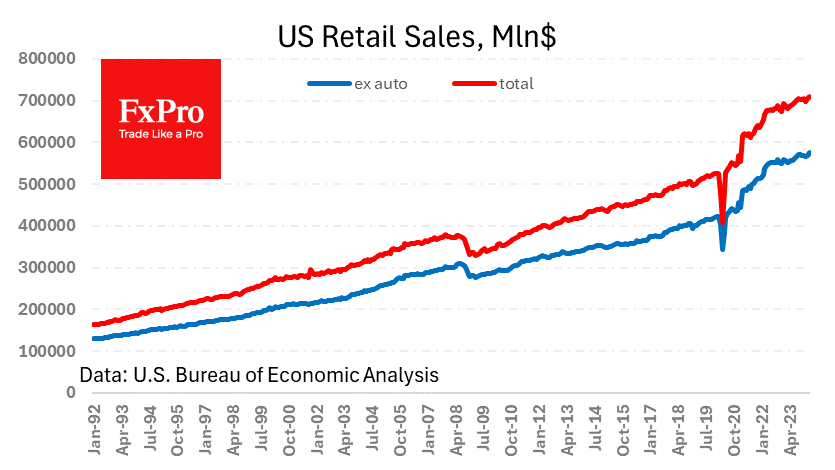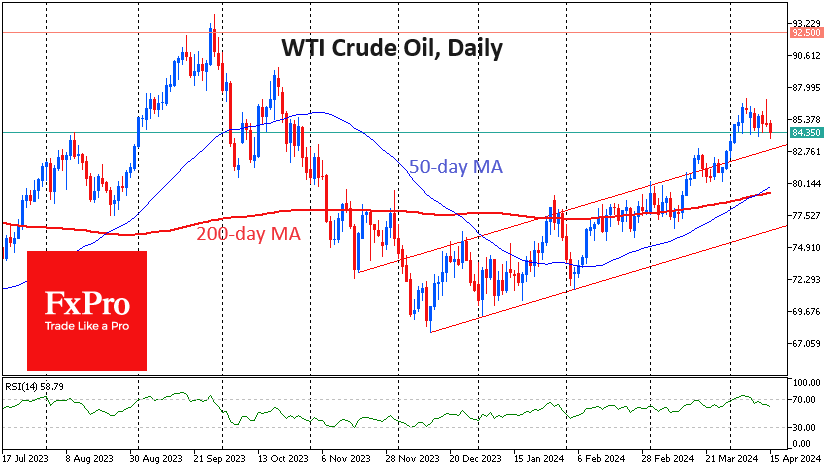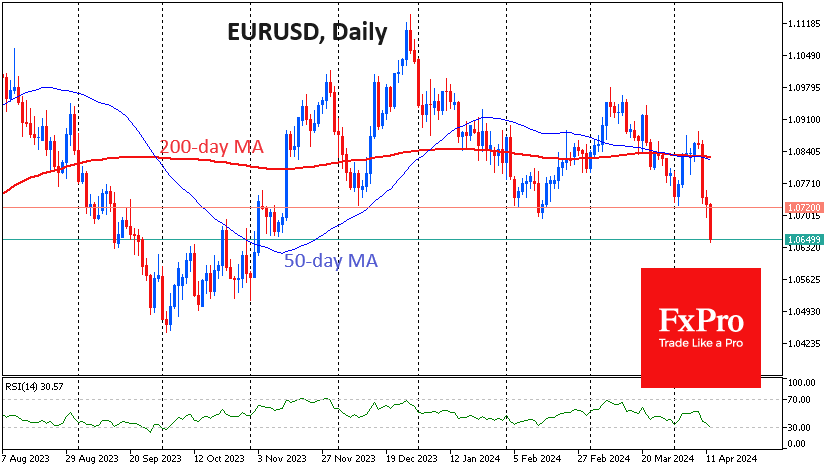Deflation Fears at ECB Mean Stimulus Battles Ahead for Lagarde
June 09, 2020 @ 12:40 +03:00
Deflation is back on the minds of European Central Bank officials, presaging battles for President Christine Lagarde over whether the euro zone needs yet more monetary stimulus.
In sparking the biggest peacetime recession in Europe since the 1930s, the coronavirus pandemic has reawakened the image of a Great Depression-like slump in prices and wages that sucks the life out of the economy.
After the ECB extended and almost doubled its emergency bond-buying program to 1.35 trillion euros ($1.53 trillion) last week, Executive Board member Fabio Panetta cited a “resurgence of deflationary pressures.” Bank of Spain Governor Pablo Hernandez de Cos said action was needed “to ensure that risk doesn’t materialize.”
Economists are already predicting policy makers will need to ramp up the program again before the end of the year.
Yet Austrian Governor Robert Holzmann countered, saying that even if consumer prices do fall for a few months, “that’s not deflation in the economic sense.” The Bundesbank predicted support from ongoing supply disruptions and company collapses that give surviving businesses more pricing power.
Deflation strikes fear into the hearts of central bankers because it’s much harder to fight than inflation, which requires painful but relatively straightforward interest-rate increases.
As prices fall, profits are squeezed until companies respond by cutting wages, which reduces demand for their products and worsens the problem. It’s a self-reinforcing cycle that can only be broken with massive spending, normally by governments with central-bank backing.
In the 1930s, constrained by the gold standard, authorities were slow to react to the downturn that followed the 1929 financial crash. Deflation in Europe only disappeared with the onset of German rearmament that culminated in World War II.
Deflation Fears at ECB Mean Stimulus Battles Ahead for Lagarde, Bloomberg, Jun 9




